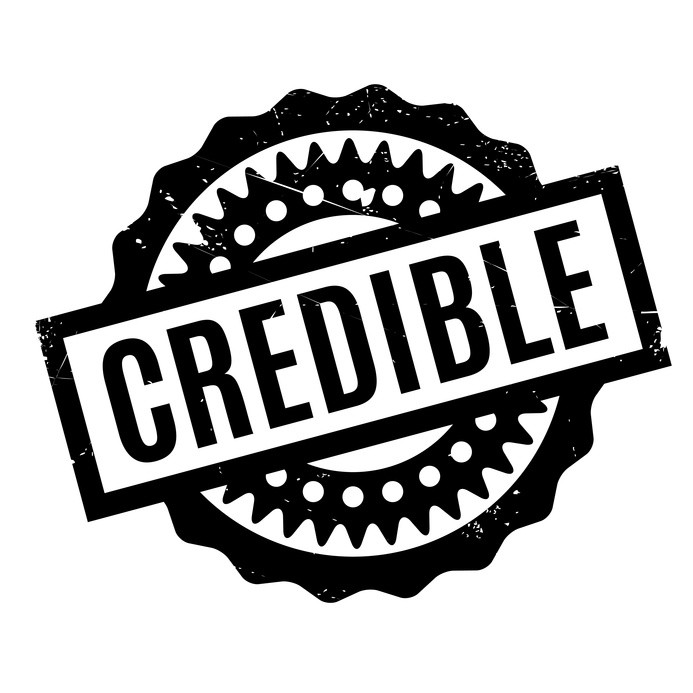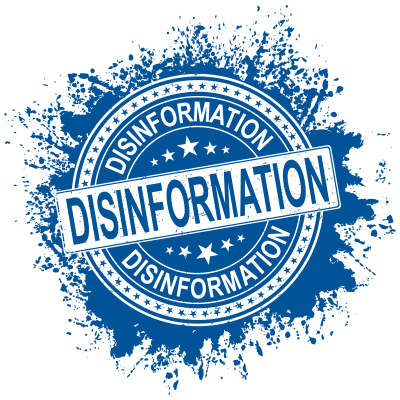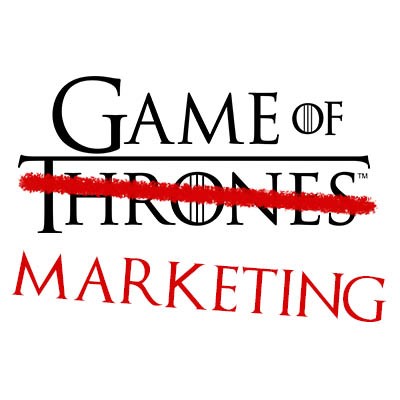It shouldn’t be surprising to think that your prospects—or even businesses you already work with—aren’t going to take you at your word that you and your services are the best option for their needs… as easy as that might make things. No, the hard truth is that you need your marketing to communicate the value your business and its services offer. Let’s go over a few ways you can ensure it does.
JoomConnect Blog
There is no one way to market a business. One can take dozens of approaches, each a better or worse choice in a given situation. Different tactics will produce different results depending on your industry, audience, offer, and reputation. However, a strategy focused on compound marketing efforts will—in most cases—be most beneficial to your growth and sustainability.
Let’s examine what compound marketing is and what makes it so effective.
If you want long-term success for your business, you need to foster brand loyalty among your clients. The final part of our three-part blog series will walk you through doing just that, by turning your satisfied customers into delighted ones.
In the previous part of this three-part blog series, we discussed the levels of customer satisfaction and how to identify customers who are at the dissatisfied stage. In this blog, we will go over how to turn a dissatisfied customer into a satisfied customer.
A business is made up of people. And, people make mistakes. Further mistakes can result when technology issues start to arise on your end. There’s not too much you can do in regards to stopping all mistakes before they happen. But, there’s a lot to be said about what you do once that mistake reaches your customer base.
Let me ask you a question: how much does your average client know about IT?
This question is an important one to keep in mind, as it can help keep you from creating an echo chamber where your marketing is concerned. Let’s examine the concept of an MSP marketing echo chamber, and what you can do to avoid one’s influence.
When it comes to a company’s social media pages, every follower and “like” is valuable. Essentially, your social media followers are the ones who will most frequently see your marketing content. Therefore, when formulating your social media marketing strategy, you need to keep in mind their expectations, or else risk losing them.
If you want your MSP to be perceived as more trustworthy and reliable, you need to build your credibility with your audience… but how do you do that? Fortunately, there are many routes to building credibility, each requiring effort and dedication. Let’s go over some of these methods now.
We often discuss your company’s image in terms of presenting itself and yourself in the best possible light, talking up your strengths and the benefits of your services. However, what if someone else is actively doing the opposite? While the term “fake news” has been thrown around a lot in recent years, the damage that can be done to even a small business is not to be underestimated.
Maintaining your business’ reputation can be hard in today's age when there are so many ways and places for people to share exactly what they think about your business, whether it be correct or even true! Unfortunately, some people share fake or false accounts of their interactions with a business, and oftentimes, the business is unable to outright remove those comments. So, here is what you do if you ever find your business facing this problem:
Social media is a real and prescient part of modern society, impacting far more than the social interactions that we have with our friends and peers. Nowadays, the way we represent ourselves online can have a very real influence on the workplace… leading many to question how legal it is for social media to impact one’s employment status.
Small businesses are an integral part of the local community’s economy: they hire local people, and pay those people a wage that allows them to make purchases from businesses in the area. They serve the local businesses, and help them function through the products and services that they provide them.
Social media marketing has become a necessity for any company that is marketing their services and products correctly. Along with the positive customer engagement and authority gathering that comes from using social networks, microblogs, and other social media actively, being so active will eventually result in some fashion of negative press.
There may not be as powerful, or as admirable, a title as “thought leader” in the business setting. If you have earned this distinction, it suggests quite a bit about the respect and influence you command. However, it is important to emphasize that this really is a reputation that must be earned, despite the fact that the path to being seen as a thought leader isn’t always an obvious one.
Online reviews are a contentious thing for many businesses, as they have been known to both make and break them in the past. Chances are, there are some reviews of your business floating around on the Internet right now… and not all of them may be complimentary.
After witnessing the viral social media impact of United Airlines most recent disaster involving forcefully removing a passenger from an overbooked airplane -- we figured it would be a good time to talk about what you can do to successfully manage a social media disaster. So, like they always say “Don’t be scared, be prepared!”
You can market your company through various print and digital advertising methods and successfully generate sales. But, doing so costs your company money, and it isn’t as persuasive as genuine social proof.
You probably recall back in 2010 when BP’s oil rig failed, discharging what was estimated to be 210 million gallons of oil into the Gulf of Mexico, affecting somewhere between 2,500 to 68,000 square miles of water and coastlines. In addition to the financial burdens placed on the company (the EPA temporarily banning BP from seeking new contracts with the US government and a whopping $18.7 billion from fines - the largest corporate settlement in US history), the company’s reputation suffered - and, continues to suffer - due to poor reactions from management after the spill occurred.
Words matter. Saying the right thing, whether in writing or verbally, can be one of the most effective tools to ensuring that your audience behaves the way you want them to. However, this also means that saying the wrong thing (or even the right thing in the wrong way) can hurt your chances of reaching your goal. Today, we’ll review some words to avoid in all of your marketing efforts.
The hugely popular series of novels A Song of Ice and Fire - and more pertinent to this blog, HBO’s hit series Game of Thrones - aren’t exactly full of the best role models. However, this doesn’t mean that there aren’t some lessons to be learned about leadership, and presenting yourself as someone to be followed and trusted. One character in particular presents these lessons especially well, and should be emulated (well, to a point) as you embrace your role as leader.






















